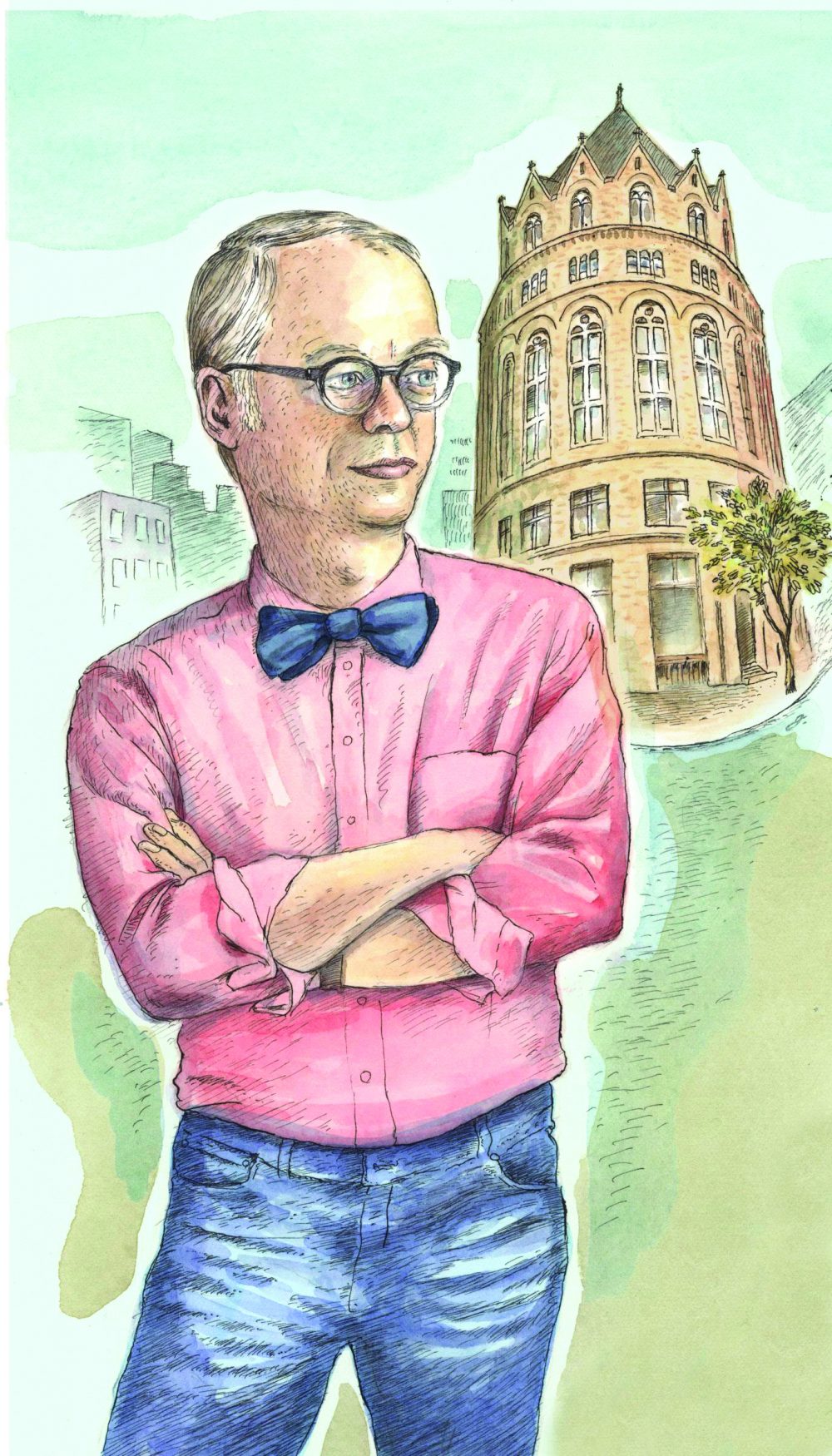Your email address is required to begin the subscription process. We will use it for customer service and other communications from Milk Street. You can unsubscribe from receiving our emails at any time.
The Pies of Augustina Garcia Lorenzo
Back to May-June 2022

I climbed off the boat, a 22-foot-long water taxi loaded with propane tanks and plastic jugs of gasoline, up onto the concrete jetty in Yelapa, a beachfront village in Mexico down the coast from Puerto Vallarta accessible only by water. A short walk brought us to a beach filled with umbrellas, a few tourists, and a couple of bars and restaurants. It was a small, rustic version of hundreds of similar beaches scattered from the Caribbean to Vietnam.
Walking inland to the town itself, the landscape quickly transformed into narrow dirt paths and tree-shaded walkways. We passed the recycling center, a mishmash graveyard of metal parts, then small construction sites. Farther on, there were slow-moving horses and cattle, two frisky goats, a ramshackle rodeo fairground and a swaying suspension bridge across a wide shallow riverbed that swells during the summer rainy season. This was what I had come to see—the authentic Yelapa, not tourists on the beach.
I soon met Gustavo Lorenzo Garcia. His mother, Augustina Garcia Lorenzo, bakes pies that her son sells to the tourists. Gustavo had moved away from town for a couple of years, then came back to help his mother. “These are the pies of Augustina Garcia Lorenzo, and I am her son, Gustavo, and proud to be selling them,” he told me. He moves from group to group, his technique warm, disarming and expert, as he wraps each piece in foil to be enjoyed later. His livelihood is based on the beachfront Yelapa, the one with the day-tripping tourists.
Vacationers often come to see the waterfalls and leave without contributing to the local economy, a frequent topic of conversation. But life is now better for many as the town has grown. Until 20 years ago, Yelapa had no electricity and just one telephone located in an open-sided booth off the main street. Today, there are a few shops and hotels, and locals are returning to town, reinvigorating the community. In Puerto Vallarta, a miniature Miami, economic growth is everywhere. My friend and guide, Paola Briseño-González, grew up there and pointed out that though the Puerto Vallarta of her childhood has vanished, life is better for most locals.
Most of us who travel seek an “authentic” experience, a place that stands outside of time, that offers a fresh perspective on life. The problem is that it’s easy to confuse parts of the world with which we are less familiar with something that is inherently meaningful. Walking through Hmong villages in northern Vietnam or driving through the Congo in the 1960s both felt like adventures at the time, but one doesn’t need to travel far to discover meaning; at an Egyptian food cart in Berlin or tlacoyos (thick blue corn tortillas stuffed with fillings) sold on the streets of Mexico City. Authenticity comes from a wellspring of people adapting to their environment in compelling ways, whether it’s an 80-year-old grandmother making a living selling scallion pancakes in a back alley of Taipei or a food activist who serves home-cooked lunches to busy office workers in Beirut at Souk El Tayeb.
That evening in Puerto Vallarta we went off the beaten path to a storefront taco joint, La Mucca, which specializes in workaday tacos filled with grilled beef, beans, cilantro, guacamole, salsa, cheese and onions in handmade blue corn tortillas. Bright light spilled onto the dark sidewalk, where a few of us stood two-handed, trying to manage the overstuffed tacos. As with Gustavo and Augustina, there’s a personal story here, a chef who labors to elevate a simple street taco on a warm winter’s night off a cobblestone street in Puerto Vallarta. This experience was every bit as authentic as my trip earlier that day to Yelapa and just as delicious.
Destinations will always disappoint if you arrive with a suitcase full of expectations. Travel with your eyes wide open. Seek out the people, not the landscape.
Don’t love the experience you want; love the one you’re with.

